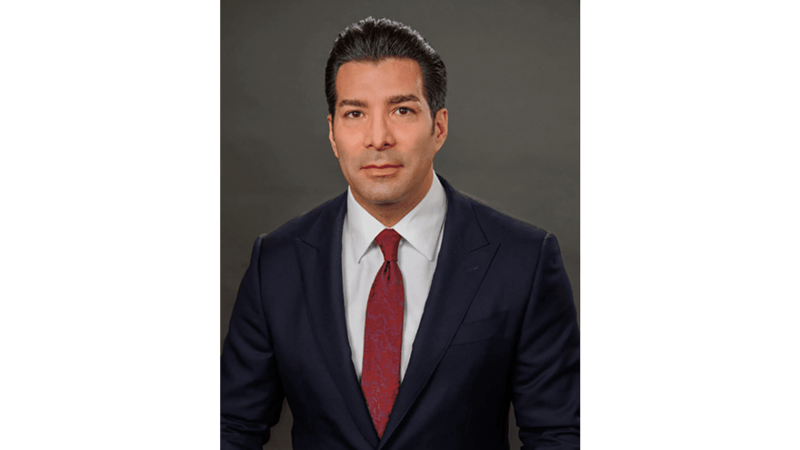
Utah was once seen as a pioneer in legal industry reform, launching a bold initiative in 2020 that allowed non-lawyers and alternative legal service providers to offer certain legal services. The goal was to expand access to affordable legal assistance, particularly for underserved communities. But now, in a significant reversal, the state is scaling back the program, forcing nearly 30 businesses to either exit or drastically restructure their operations.
This decision reflects growing tensions in the legal field, where traditional licensing structures clash with emerging models aimed at broadening access to justice. Critics of the rollback argue that restricting alternative providers will once again limit options for people who cannot afford traditional legal representation. Supporters, including segments of the legal industry, contend that these reforms introduced unregulated risks and potentially lowered the quality of legal services.
Joseph Lento, founder of Lento Law Firm, has followed the evolution of legal licensing and professional discipline closely. His work in defending professionals facing regulatory scrutiny provides insight into how these changes could impact both attorneys and consumers in the long term.
Why Utah Is Reversing Course
When Utah launched its Legal Regulatory Sandbox, it allowed companies to offer certain legal services without requiring full attorney licensing, testing whether regulatory changes could improve access to justice. The program attracted startups, legal tech firms, and non-lawyer service providers eager to innovate in a field notorious for high costs and limited accessibility.
Now, state regulators are tightening requirements. Moving forward, businesses in the program must demonstrate that they serve communities with limited legal access, making it harder for many participants to continue operating. Some argue this shift is a political and industry-driven retreat, fueled by pressure from traditional law firms and bar associations, which have long resisted deregulation efforts.
"Utah’s rollback highlights the ongoing tension between expanding legal access and maintaining professional accountability. While innovation is necessary, legal services come with serious ethical and regulatory responsibilities. Allowing non-lawyers to provide legal advice without the same licensing and disciplinary oversight as attorneys creates significant risks—not just for consumers, but also for licensed professionals who could be held liable for the actions of unregulated providers operating in the same space."
The Bigger Picture: Access to Legal Services vs. Industry Protectionism
At the heart of this debate is a question with national implications: Who should be allowed to provide legal services, and how much regulation is necessary to protect consumers? Utah’s decision mirrors a larger push-and-pull between innovation and professional licensing protections seen in other states.
"Deregulation efforts often start with good intentions, but they can have unintended consequences. The challenge is ensuring that alternative providers are subject to the same ethical and professional standards as licensed attorneys. Without clear accountability mechanisms, these reforms can lead to inconsistent service quality and consumer harm, ultimately undermining public trust in the legal system."
Advocates for reform argue that the traditional legal model is outdated, creating barriers for lower-income individuals who cannot afford legal representation. Critics of deregulation worry that loosening restrictions will lead to unqualified practitioners giving bad legal advice, harming consumers rather than helping them.
This rollback signals that the experiment with alternative legal providers is far from over. While some states, like Arizona, are expanding deregulation efforts, Utah’s move raises doubts about whether other jurisdictions will follow suit or retreat under similar pressure.
What Happens Next?
Utah’s new restrictions take effect immediately, meaning businesses that cannot meet the revised criteria must shut down or pivot their operations. Legal professionals, especially those advocating for industry reforms, will be closely watching how other states react to Utah’s shift. Will they double down on deregulation, or will this move discourage further experimentation?
One thing is certain: The conversation about who gets to provide legal services—and under what conditions—is far from settled. As legal licensing continues to evolve, professionals and regulators alike must weigh accessibility, quality, and consumer protection in shaping the future of the industry.
"For attorneys, Utah’s decision is a reminder that regulatory shifts can happen quickly and dramatically reshape the industry. Those who have invested in alternative legal service models must now reassess their compliance strategies, while traditional law firms should prepare for ongoing debates over the balance between innovation and consumer protection. The legal profession must be proactive in shaping these policies—otherwise, the decisions will be made for them, with uncertain consequences."
Disclaimer and Disclosure:
This article is an opinion piece for informational purposes only. Metro Times and its affiliates do not take responsibility for the views expressed. Readers should conduct independent research to form their own opinions.






